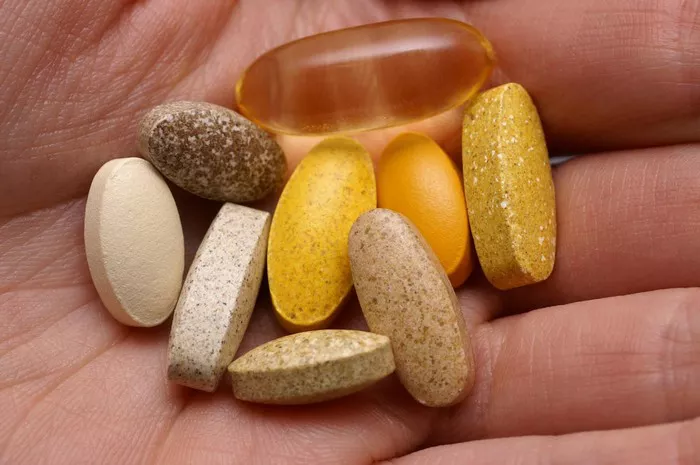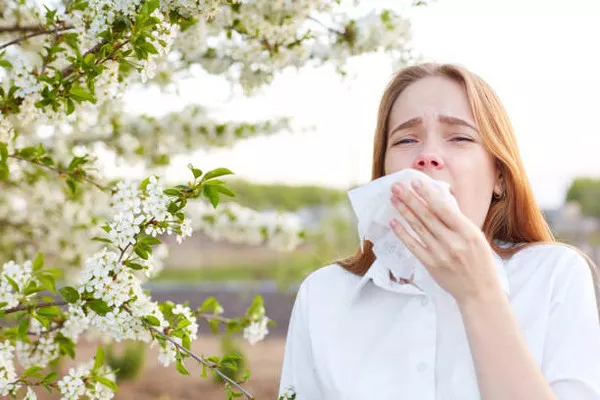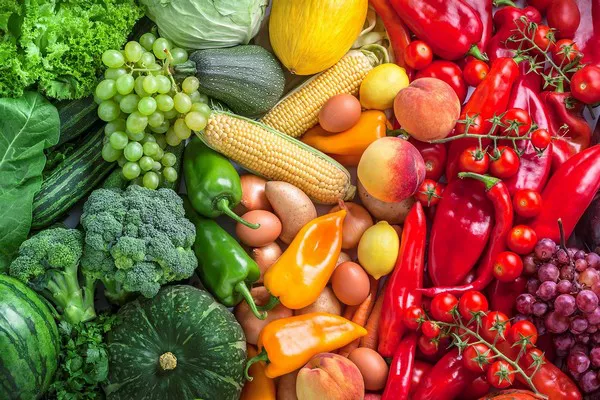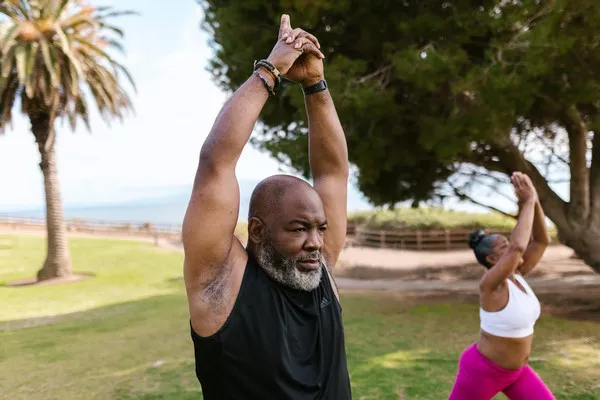A stroke can be a life-altering event, impacting not only physical health but also cognitive function and overall well-being. As part of the recovery process, a balanced diet plays a crucial role in supporting the body’s healing and rebuilding processes. In this article, we’ll explore the importance of vitamins in stroke recovery, their potential benefits, food sources, supplementation considerations, and lifestyle factors to promote optimal recovery and long-term health.
Importance of a Balanced Diet
A balanced diet is the foundation for overall health and recovery after a stroke. It provides essential nutrients, vitamins, and minerals necessary for cellular repair, immune function, and neurological health. A diet rich in fruits, vegetables, whole grains, lean proteins, and healthy fats can help reduce inflammation, support cardiovascular health, and optimize brain function, all of which are essential for stroke recovery.
Vitamins and Their Potential Benefits
Vitamin D: Vitamin D plays a crucial role in bone health, immune function, and may have neuroprotective effects. Some research suggests that vitamin D deficiency may be associated with an increased risk of stroke and worse outcomes after a stroke. Adequate vitamin D levels may help support bone strength, reduce inflammation, and promote overall well-being.
B Vitamins (B12, Folate, B6): B vitamins are essential for brain health and cognitive function. Vitamin B12, folate (vitamin B9), and vitamin B6 play key roles in homocysteine metabolism, a compound linked to an increased risk of stroke. Supplementing with B vitamins may help lower homocysteine levels and reduce the risk of stroke. Additionally, B vitamins are involved in energy production, neurotransmitter synthesis, and DNA repair, all of which are important for neurological function.
Vitamin C: Vitamin C is a powerful antioxidant that plays a role in collagen synthesis, immune function, and blood vessel health. Adequate vitamin C intake may help protect against oxidative stress, reduce inflammation, and support vascular integrity. These properties make vitamin C potentially beneficial for stroke recovery by promoting blood flow and protecting against further damage to blood vessels.
Vitamin E: Vitamin E is another antioxidant vitamin that may benefit stroke recovery. It helps protect cells from oxidative damage, reduces inflammation, and supports neurological function. While more research is needed to confirm its effectiveness, vitamin E supplementation has been studied for its potential neuroprotective effects and ability to improve functional outcomes after a stroke.
Food Sources of Vitamins
Incorporating vitamin-rich foods into your diet is the best way to ensure adequate intake of essential nutrients. Some food sources of vitamins beneficial for stroke recovery include:
Vitamin D: Fatty fish (e.g., salmon, mackerel, sardines), fortified dairy products, eggs, and mushrooms.
B Vitamins: Lean meats, poultry, fish, dairy products, fortified cereals, legumes, leafy greens, and nuts.
Vitamin C: Citrus fruits (e.g., oranges, grapefruits), strawberries, kiwi, bell peppers, broccoli, and tomatoes.
Vitamin E: Nuts (e.g., almonds, hazelnuts, sunflower seeds), seeds, vegetable oils, leafy greens, and fortified cereals.
Supplementation Considerations
While obtaining vitamins from food sources is ideal, some individuals may benefit from vitamin supplements, particularly after a stroke. However, it’s essential to approach supplementation cautiously and under the guidance of a healthcare professional.
Consultation with Healthcare Professionals: Before starting any new supplements, it’s important to consult with your healthcare provider, particularly if you’re taking medications or have underlying health conditions. Some supplements may interact with medications or have potential side effects, so it’s crucial to discuss your individual needs and risks.
Individual Needs: Vitamin requirements can vary depending on factors such as age, overall health, dietary intake, and specific health conditions. Your healthcare provider can help assess your nutritional status and determine if supplementation is necessary and appropriate for you.
Quality of Supplements: When choosing vitamin supplements, opt for high-quality products from reputable sources. Look for third-party certifications, such as USP (United States Pharmacopeia) or NSF International, which ensure the quality, purity, and potency of the supplements.
Lifestyle Factors for Stroke Recovery
In addition to dietary considerations, several lifestyle factors can impact stroke recovery and long-term health:
Rehabilitation Therapies: Physical, occupational, and speech therapy are essential components of stroke rehabilitation. These therapies help improve mobility, regain independence, and address speech and cognitive challenges. Consistent participation in rehabilitation programs can lead to significant improvements in function and quality of life after a stroke.
Management of Risk Factors: Managing underlying health conditions, such as high blood pressure, high cholesterol, and diabetes, is crucial for reducing the risk of future strokes. Medication, lifestyle modifications (e.g., healthy diet, regular exercise), and close monitoring by healthcare providers can help control these risk factors and optimize cardiovascular health.
Healthy Lifestyle Habits: Adopting healthy lifestyle habits can support overall health and stroke prevention. Regular exercise, stress management techniques (e.g., mindfulness, meditation), adequate sleep, and smoking cessation are all beneficial for cardiovascular health and reducing the risk of recurrent strokes. Making small, sustainable changes to your daily routine can have a significant impact on your recovery and long-term well-being.
In conclusion, optimizing vitamin intake through a healthy and balanced diet, along with lifestyle modifications and appropriate supplementation, can support stroke recovery and promote overall health and well-being. By prioritizing nutritious foods, consulting with healthcare professionals, and incorporating lifestyle changes into your daily routine, you can take proactive steps toward recovery and reduce the risk of future strokes. Remember to approach stroke recovery holistically, addressing not only physical but also cognitive and emotional needs, to achieve the best possible outcomes and quality of life.
[inline_related_posts title=”You Might Be Interested In” title_align=”left” style=”list” number=”6″ align=”none” ids=”6917,6914,6856″ by=”categories” orderby=”rand” order=”DESC” hide_thumb=”no” thumb_right=”no” views=”no” date=”yes” grid_columns=”2″ post_type=”” tax=””]































